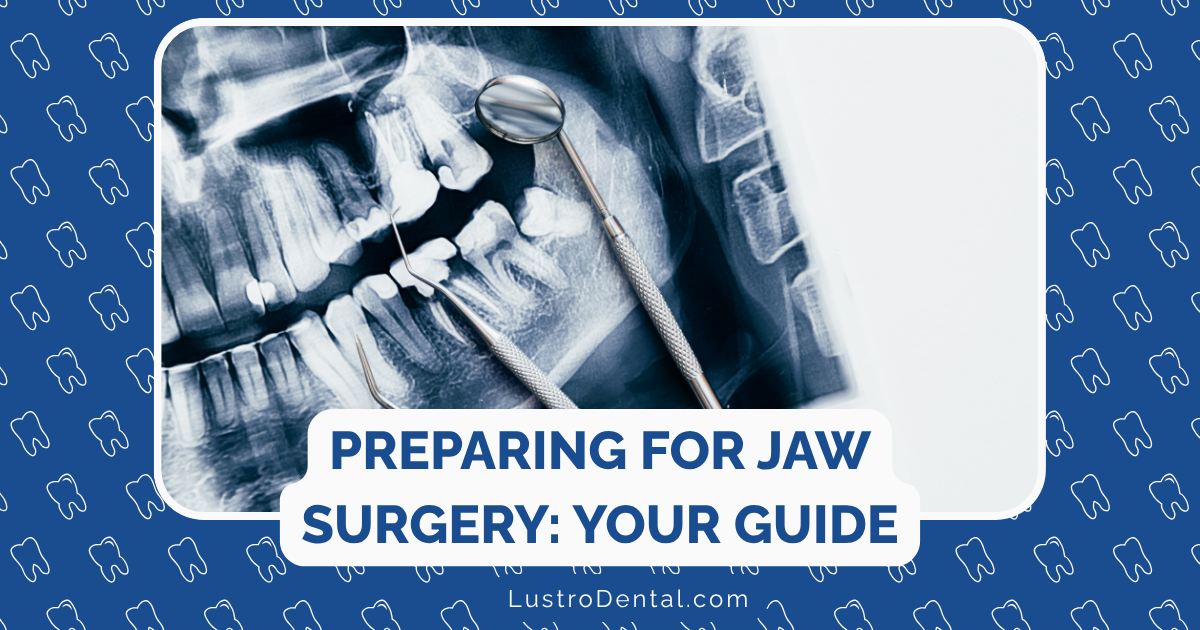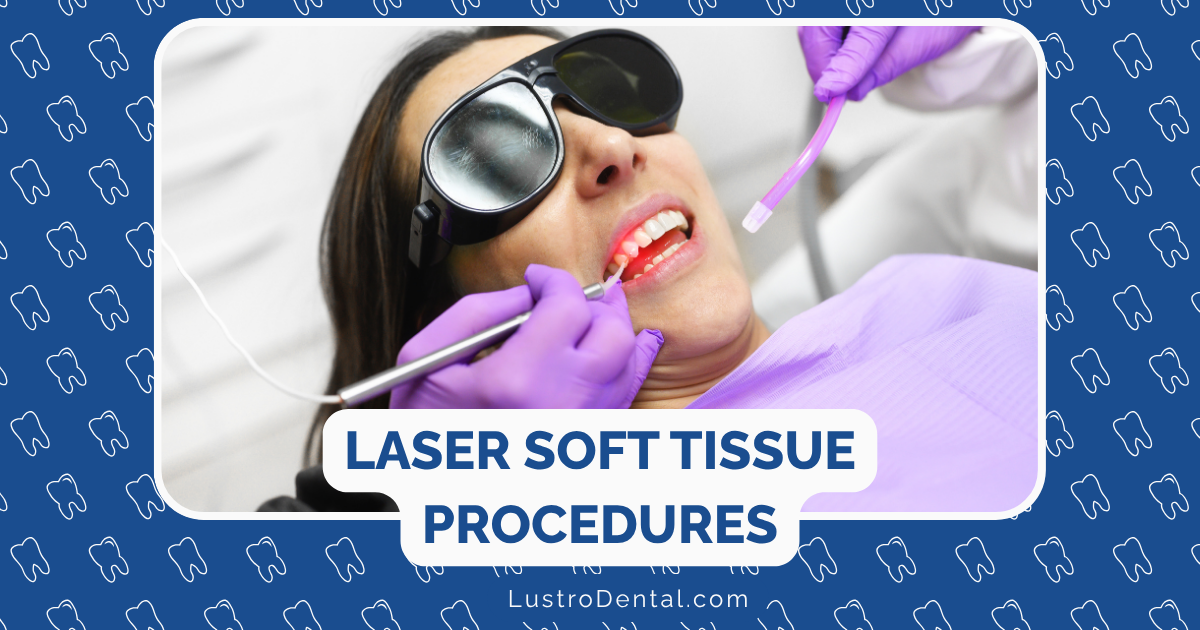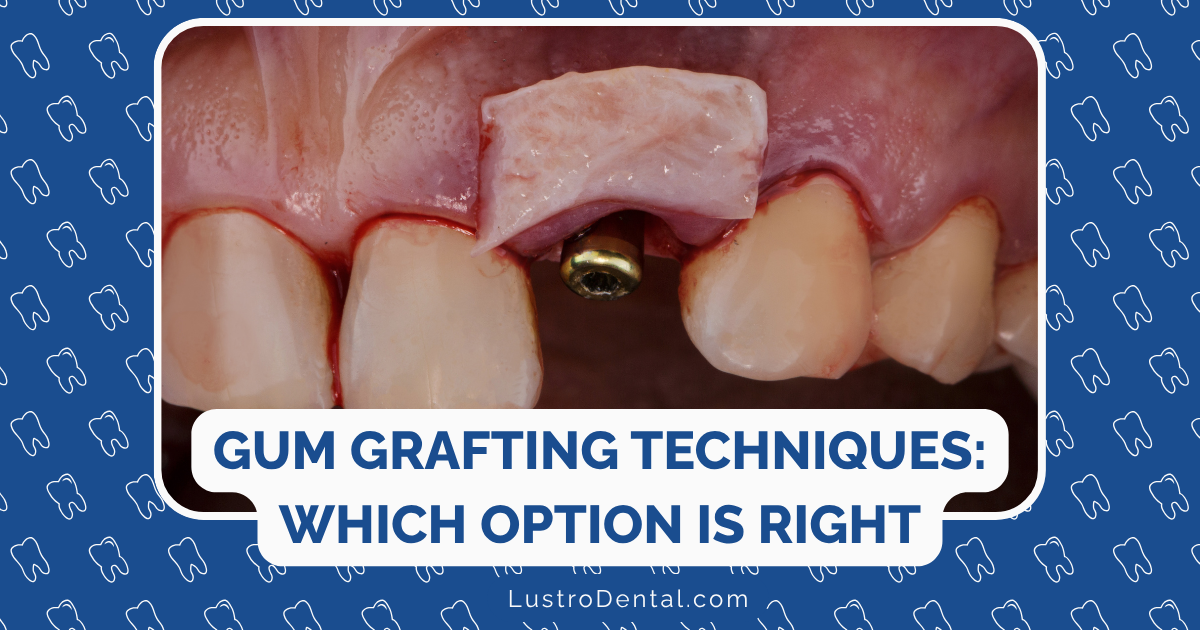Preparing for Orthognathic Surgery: Mental, Physical, and Practical Considerations

Orthognathic surgery—more commonly known as corrective jaw surgery—represents a significant journey that can transform both your appearance and quality of life. While the results can be truly life-changing, the path to get there requires careful preparation on multiple fronts.
As someone who’s guided many patients through this process, I’ve seen firsthand how proper preparation can make an enormous difference in both the surgical outcome and the recovery experience. The most successful patients approach their surgery holistically, addressing not just the physical aspects but also the mental and practical considerations.
In this comprehensive guide, I’ll walk you through everything you need to know to prepare yourself mentally, physically, and practically for orthognathic surgery, helping you approach your procedure with confidence and peace of mind.
Understanding Your Surgical Journey
Before diving into preparation strategies, it’s important to understand the typical orthognathic surgery timeline:
- Orthodontic preparation: 12-18 months of braces to align teeth properly before surgery
- Surgical planning: 3-6 months of consultations and imaging
- Surgery: The procedure itself (typically 3-6 hours)
- Initial recovery: 2-3 weeks of significant healing
- Extended recovery: 6-12 weeks as swelling subsides and function improves
- Post-surgical orthodontics: 6-12 months to finalize tooth positions
- Retention phase: Ongoing maintenance of results
According to the Mayo Clinic, the entire process from start to finish can take 2-3 years. Understanding this timeline helps set realistic expectations and allows for proper preparation at each stage.
Mental and Emotional Preparation
The psychological aspects of preparing for orthognathic surgery are often overlooked but are absolutely crucial for a positive experience.
1. Manage Expectations
Dr. Sarah Johnson, an oral and maxillofacial surgeon at Head and Neck Specialists, emphasizes: “Patients who have realistic expectations about both the results and the recovery process tend to report higher satisfaction with their outcomes.”
Key expectations to manage include:
- Timeline: Understanding that full results won’t be immediate
- Appearance: Expecting significant swelling that will gradually subside
- Sensation: Being prepared for temporary numbness in parts of your face
- Function: Knowing that eating and speaking will temporarily be challenging
2. Build Your Knowledge Base
Knowledge is power when it comes to reducing surgical anxiety. Research shows that patients who understand their procedure experience less pre-operative anxiety and better post-operative outcomes.
Effective ways to build your knowledge:
- Ask detailed questions during consultations
- Request to see before/after photos of similar cases
- Watch reputable videos about the procedure and recovery
- Join online support groups for jaw surgery patients
- Read first-hand accounts from others who’ve had the surgery
3. Develop Coping Strategies
Recovery will have challenging moments. Having coping strategies in place beforehand can make a significant difference:
- Mindfulness and meditation: Practice techniques that help manage discomfort
- Distraction techniques: Prepare a list of shows, audiobooks, or podcasts
- Positive visualization: Mentally rehearse successful recovery milestones
- Journaling: Consider keeping a recovery journal to track progress
- Breathing exercises: Learn techniques that help manage pain and anxiety
4. Prepare for Body Image Changes
Your appearance will change—sometimes dramatically—after surgery. This can be psychologically challenging, even when the changes are positive.
- Discuss potential changes with your surgeon beforehand
- Look at progression photos from other patients to understand the swelling timeline
- Remind yourself that initial swelling is temporary
- Consider speaking with a therapist if you have significant concerns about body image
Dr. Michael Chen of Cleft Surgery Mumbai notes, “It’s completely normal to feel a sense of shock or even grief when you first see yourself after surgery. This is a normal part of the adjustment process and typically resolves as swelling decreases and you adapt to your new appearance.”
Physical Preparation
Physical preparation can significantly impact your surgical outcome and recovery experience.
1. Optimize Your Nutrition
Good nutrition before surgery creates the foundation for healing:
- Increase protein intake: Aim for 0.8-1g of protein per pound of body weight
- Focus on nutrient-dense foods: Emphasize fruits, vegetables, and whole grains
- Consider supplements: Discuss vitamin C, zinc, and other healing-promoting nutrients with your doctor
- Maintain a healthy weight: Being significantly underweight or overweight can complicate surgery and recovery
- Practice with liquid foods: Get comfortable with nutritious smoothies and soups before surgery
2. Build Physical Strength
Physical conditioning before surgery can enhance your recovery:
- Focus on overall fitness: Regular cardiovascular exercise improves circulation and healing
- Strengthen your core: Good core strength helps you move more comfortably during recovery
- Practice good posture: This will be important during recovery
- Get adequate sleep: Establish good sleep habits before surgery
- Consider physical therapy: Pre-habilitation can prepare your body for the challenges of recovery
3. Address Existing Health Issues
Work with your medical team to optimize any existing health conditions:
- Diabetes: Ensure blood sugar is well-controlled
- Hypertension: Maintain good blood pressure control
- Smoking: Quit smoking at least 4-6 weeks before surgery
- Medications: Discuss all medications with your surgical team, as some may need to be temporarily discontinued
- Allergies: Ensure your surgical team is aware of all allergies
4. Prepare Your Body for Recovery Positions
After surgery, you’ll need to keep your head elevated:
- Practice sleeping with your head elevated on multiple pillows
- Consider purchasing a wedge pillow for more comfortable elevation
- Train yourself to sleep on your back if you’re not already a back sleeper
Practical Preparation
Practical preparation ensures a smoother recovery process by addressing logistical concerns before surgery.
1. Create a Recovery-Friendly Environment
According to New England Facial & Oral Surgery Specialists, preparing your home environment is crucial:
- Set up a recovery station: Create a comfortable area with everything you’ll need within reach
- Prepare your bedroom: Arrange pillows for elevation and ensure easy access to necessities
- Stock your bathroom: Have gentle oral care products ready
- Prepare your kitchen: Organize for easy meal preparation
- Eliminate hazards: Remove trip hazards and create clear pathways
2. Stock Up on Supplies
Essential supplies to have on hand include:
Medical and Comfort Items:
- Ice packs and heat packs
- Thermometer
- Humidifier
- Soft toothbrush
- Prescription medications
- Over-the-counter pain relievers (as approved by your surgeon)
- Gauze and tissues
- Lip balm for dry lips
- Nasal saline spray
Food and Nutrition:
- Blender for preparing liquid meals
- Squeeze bottles for easier liquid consumption
- Nutritional supplements (Ensure, Boost, etc.)
- Variety of broths and soups
- Soft foods that don’t require chewing
- Protein powders
- Flavorings to enhance liquid foods
Entertainment and Communication:
- Books, e-books, or audiobooks
- Downloaded movies and shows
- Notebook and pen for communication if speaking is difficult
- Charged devices and chargers within easy reach
3. Arrange Support
Recovery from orthognathic surgery isn’t something to tackle alone:
- Dedicated caregiver: Arrange for someone to stay with you for at least the first 72 hours
- Extended support network: Schedule helpers for the first two weeks
- Professional help: Consider hiring help for challenging tasks if needed
- Medical contacts: Keep your surgeon’s contact information readily accessible
- Transportation: Arrange rides to follow-up appointments
4. Manage Work and Responsibilities
Planning for your absence is essential:
- Work arrangements: Request time off (typically 2-3 weeks minimum)
- Childcare: Arrange care for children or dependents
- Pet care: Ensure pets will be properly cared for
- Household management: Address bill payments and household maintenance
- Academic considerations: If you’re a student, discuss accommodations with your school
5. Prepare for Communication Challenges
After surgery, speaking may be difficult:
- Prepare a whiteboard or notepad for written communication
- Download text-to-speech apps on your phone
- Create a list of common requests to point to
- Practice non-verbal communication with your caregivers
Dietary Preparation and Planning
According to Facial & Oral Surgery Associates, proper nutrition is crucial for healing, yet eating will be challenging after surgery.
1. Pre-Surgery Nutrition Optimization
- Increase protein intake in the weeks before surgery
- Ensure adequate vitamin and mineral levels, especially vitamin D, calcium, and zinc
- Stay well-hydrated in the days leading up to surgery
- Avoid alcohol for at least a week before surgery
2. Stock Your Kitchen for Recovery
- Purchase a high-quality blender for pureeing foods
- Stock up on liquid nutritional supplements like Ensure or Boost
- Prepare and freeze nutritious soups and broths
- Create a meal plan for the first two weeks of recovery
- Consider flavor variety to prevent food fatigue
3. Learn About Liquid Nutrition
- Understand protein requirements during healing (typically 60-100g daily)
- Practice making nutritious smoothies before surgery
- Learn to modify recipes for liquid or pureed consistency
- Explore temperature variations as both cold and warm options will be needed
- Consider consulting with a dietitian for personalized advice
Medical Preparation
Proper medical preparation ensures you’re in optimal condition for surgery.
1. Pre-Surgical Consultations
- Complete all required pre-operative appointments
- Undergo necessary imaging (CT scans, X-rays)
- Complete blood work and other lab tests
- Meet with the anesthesiologist if required
- Discuss pain management strategies before surgery
2. Medication Management
- Provide a complete list of all medications and supplements
- Follow instructions for discontinuing certain medications
- Fill post-operative prescriptions before surgery
- Understand the pain management plan
- Discuss potential side effects of medications
3. Fasting and Day-of-Surgery Instructions
- Follow fasting guidelines precisely
- Know what to bring to the hospital
- Understand the arrival time and procedure
- Remove jewelry, contact lenses, and nail polish as instructed
- Wear comfortable, loose-fitting clothing
The Emotional Journey: Mental Health Considerations
According to Bee Cave Orthodontics, the emotional aspects of recovery deserve special attention.
1. Prepare for Emotional Fluctuations
- Understand that mood swings are normal during recovery
- Recognize that pain and discomfort can affect your emotional state
- Be aware that medication side effects may include mood changes
- Prepare for potential feelings of isolation during recovery
- Know that temporary depression is not uncommon
2. Build Your Support System
- Identify key emotional support people before surgery
- Join online support groups for jaw surgery patients
- Consider professional mental health support if needed
- Plan regular check-ins with friends and family
- Prepare activities that boost your mood
3. Set Realistic Recovery Milestones
- Create a recovery timeline with small, achievable goals
- Celebrate progress, no matter how small
- Document your journey with photos or journaling
- Understand that healing is not linear
- Practice patience and self-compassion
Questions to Ask Your Surgical Team
Being prepared with questions helps ensure you have all the information you need:
About the Procedure:
- What specific procedures will be performed?
- How long will the surgery take?
- Will my jaw be wired shut afterward?
- What type of fixation will be used?
- Will there be visible scarring?
About Recovery:
- What is the typical recovery timeline?
- When can I return to work/school?
- When can I resume exercise?
- What complications should I watch for?
- How will pain be managed?
About Results:
- How will my appearance change?
- Will my speech be affected temporarily or permanently?
- What functional improvements can I expect?
- How stable are the results long-term?
- Will I need future surgeries?
Final Thoughts: Embracing the Journey
Orthognathic surgery represents a significant journey—one that requires thorough preparation mentally, physically, and practically. While the process may seem daunting, remember that thousands of patients successfully navigate this path each year, emerging with improved function, aesthetics, and quality of life.
By taking a comprehensive approach to preparation, you set yourself up for the best possible experience and outcome. The effort you invest before surgery will pay dividends during your recovery and beyond.
As Dr. Lisa Wong of UC San Diego Health reminds her patients, “This is a marathon, not a sprint. The journey requires patience and perseverance, but the results are worth it. Patients who prepare thoroughly tend to have smoother recoveries and greater satisfaction with their outcomes.”
Are you preparing for orthognathic surgery? What aspects of preparation are you finding most challenging? Share your thoughts or questions in the comments below to connect with others on a similar journey.







